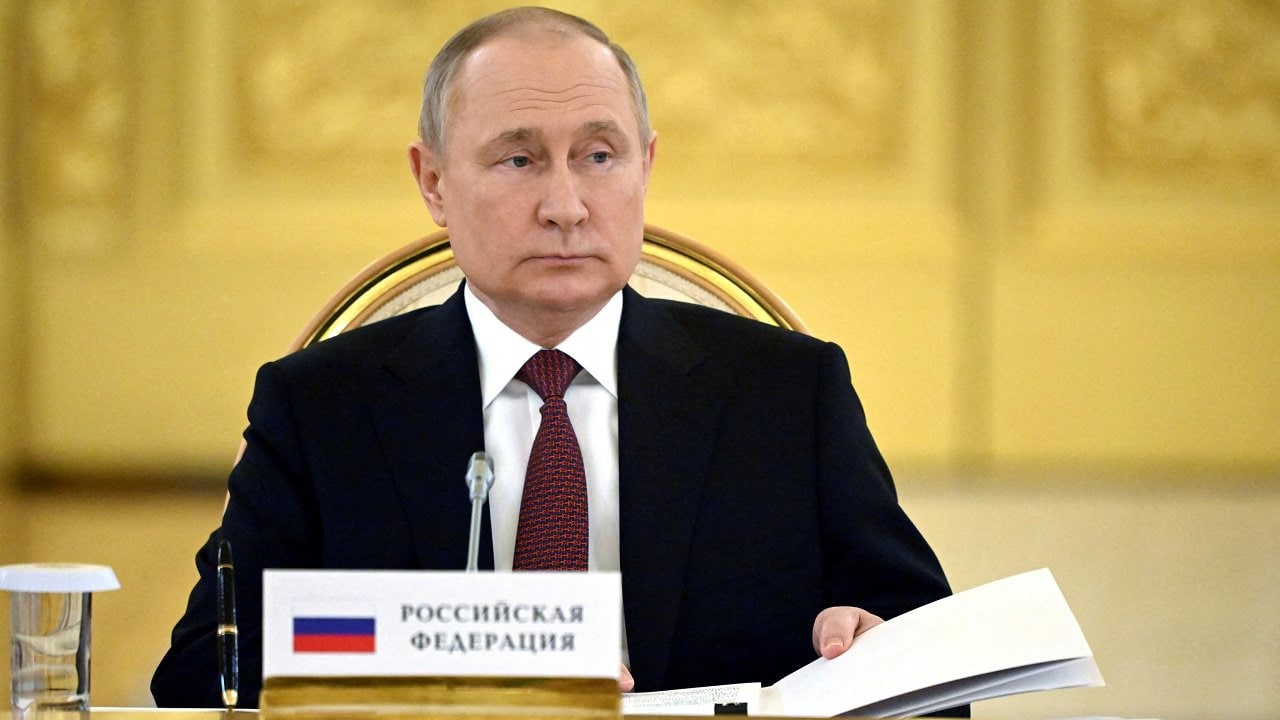It may or may not be big news that two drones may or may not have been fired at the Kremlin in an attempt to kill Russian President Putin.
Here’s what the Russian TASS news agency had to say:
“Kyiv made an attempt to strike the Kremlin with drones, but the attack was successfully repulsed, the press service of the President of the Russian Federation reported.
The Kremlin regards the attack attempt by the Kyiv regime as a planned terrorist act and an attempt on the life of the President of the Russian Federation on the eve of Victory Day.
The Russian military and intelligence agencies disabled two drones that attacked the Kremlin, no one was injured.
Russia reserves the right to respond to an attempted strike on the Kremlin where and when it sees fit.”
Was Putin Attacked?
There are three possible explanations of what may or may not have happened.
First, it’s possible that there was, due to negligence, an accident and some piece of machinery overheated and blew up. Given Russia’s track record of “mystery fires,” this version cannot be discounted.
Second, it’s possible, perhaps even likely, that the Ukrainians launched the drones in order to demonstrate to Russia that no part of the country is safe from Ukrainian attack, especially on the eve of a counteroffensive that may (or may not) turn the war decisively in Ukraine’s favor.
That said, it’s not quite clear just why Ukraine would expend drones on a distant, though symbolically important, target, when it needs to worry about degrading Russian defenses in Ukraine’s southern and eastern provinces. Nor does it make any sense to suggest that Ukraine was targeting Putin, who rarely emerges from his network of invulnerable bunkers scattered throughout the country.
In any case, if the drones are the handiwork of Ukraine, then their ability to reach the Kremlin testifies to the porous quality of Russia’s air defenses. Russians should be very, very worried if it’s that easy for Ukraine to strike high-value targets anywhere in Russia.
Third, it’s equally possible, perhaps even most likely, that the attacks were staged by the security service, the FSB. One reason could be, as the TASS report says, to give Russia a pretext for striking Ukrainian civilians with another deadly missile barrage or a series of deadly missile barrages.
But there’s another possible explanation for FSB involvement. There is good reason to believe that the security service is profoundly unhappy with Putin and his conduct of the war. An alleged Ukrainian strike against Russia’s holiest of holies could be intended to demonstrate Putin’s impotence and vulnerability and underscore the need to replace him with a genuine strongman as soon as possible.
As of this writing, Kyiv has not officially commented on the drones.
Dr. Alexander Motyl is a professor of political science at Rutgers-Newark. A specialist on Ukraine, Russia, and the USSR, and on nationalism, revolutions, empires, and theory, he is the author of 10 books of nonfiction, including Pidsumky imperii (2009); Puti imperii (2004); Imperial Ends: The Decay, Collapse, and Revival of Empires (2001); Revolutions, Nations, Empires: Conceptual Limits and Theoretical Possibilities (1999); Dilemmas of Independence: Ukraine after Totalitarianism (1993); and The Turn to the Right: The Ideological Origins and Development of Ukrainian Nationalism, 1919–1929 (1980); the editor of 15 volumes, including The Encyclopedia of Nationalism (2000) and The Holodomor Reader (2012); and a contributor of dozens of articles to academic and policy journals, newspaper op-ed pages, and magazines. He also has a weekly blog, “Ukraine’s Orange Blues.” Motyl is a 19FortyFive Contributing Editor.

